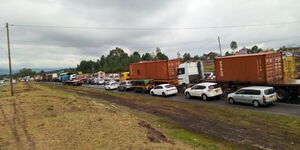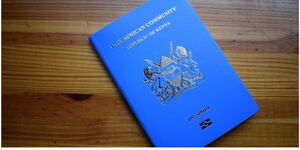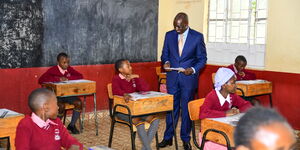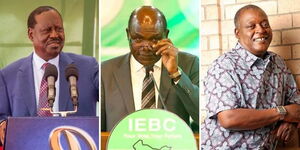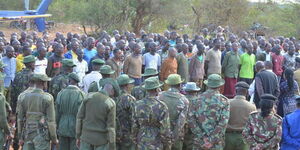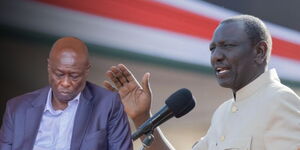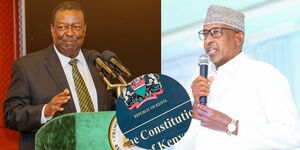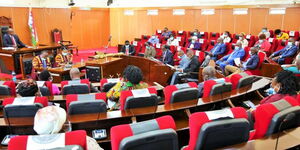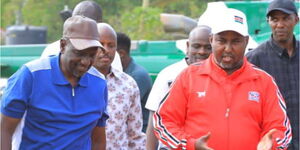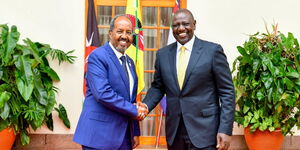The Sierra Leone conflict (1991-2002) is in the books of war as being one of the most brutal politically-motivated civil unrests in the recent past.
With the guns banging through the nights, women raped in the streets and children being forced to bear guns, it was anybody's worst nightmare to be caught up in the violence.
But even in such fear and grimness, journalists were in the field covering the atrocities as the world watched the happenings in uneasy silence.
Jeff Koinange was one of the men with the cameras and microphones in the volatile streets, where death lurked in every corner, forcing one to walk with a pounding heart and careful steps.
In his autobiography, Through My African Eyes, he revisited the nightmares that he faced in the country in 1999, albeit sparingly, stating that the memories still carry with them nightmares.
The streets on that day, he claimed, were filled with bodies of dead Sierra Leoneans who had been shot and killed, and then left behind by relatives who were fleeing for their own lives with the rebels in hot pursuit.
Overwhelmed by what he had seen at the end of the day, Jeff wrote that he went back to his hotel room, an act that might just have saved his life.
His cameraman joined him not too long after, weighed down by grim news that their convoy had been ambushed by the rebel soldiers and several journalists from rival newsrooms had been shot and killed.
The cameraman told him that he had been in the last vehicle in the convoy, and when the attacks began, the driver had managed to have turned around the vehicle and fled to safety.
Jeff wrote that while the news of the deaths hit him hard, what saddened him the most was that the 'soldiers' that had attacked and killed the innocent journalists were mere children who had been left to man an illegal blockade on the roads.
That would not be the end of the matters of death for journalists. many more were killed before the guns went eerily silent in January 2002.
His chilly account of the war was corroborated by another journalist who narrated the experiences sometime after the war was over.
"The Revolutionary United Front (RUF) saw all journalists as enemies, to be hunted down and killed. Rebel fighters murdered at least eight journalists--some together with family members, all of them brutally. A ninth was killed by soldiers of the Nigerian-led West African peacekeeping force (ECOMOG), and a 10th died in prison after the government denied him medical treatment," he stated.

